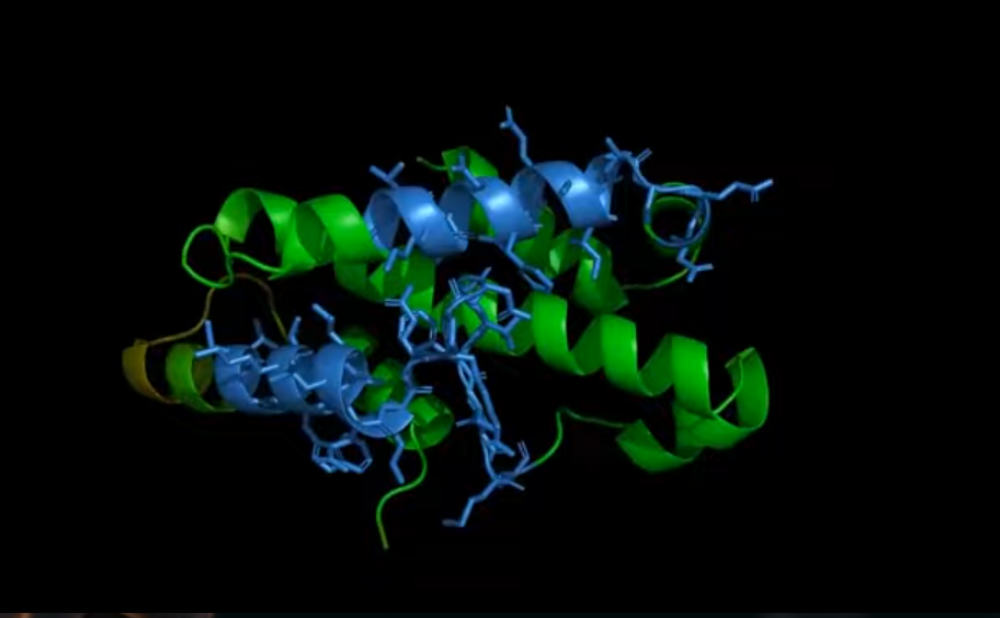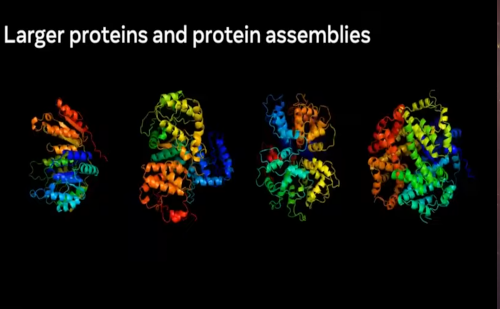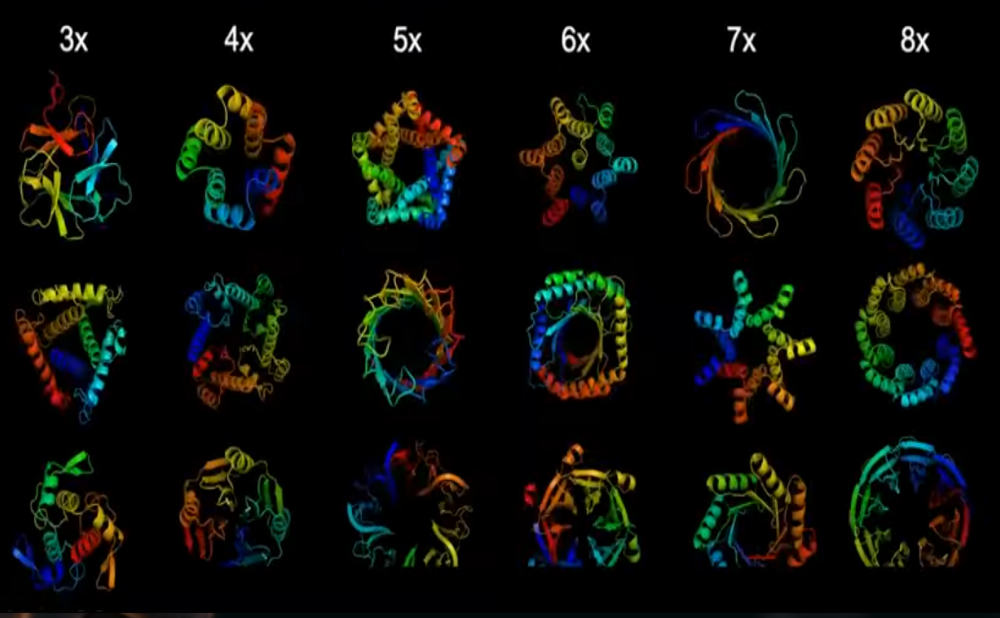Evolutionary Scale is an AI research lab that aims to make biology programmable using AI. They developed ESM3, a generative AI model trained on a dataset of 2.78 billion proteins. ESM3 can create new proteins by analyzing their sequence, 3D structure, and function. This allows for the design of proteins with specific properties, such as glowing, which has never been seen in nature.
ESM3 has real-world applications in drug discovery, material science, and carbon capture. For example, it can be used to create proteins that target specific disease pathways, leading to more effective treatments with fewer side effects. It can also be used to design biomaterials with specific properties, such as high tensile strength or conductivity.
Evolutionary Scale is committed to making ESM3 accessible to researchers. They have an open-source version and are partnering with companies like AWS and Nvidia to make the technology more widely available. This could accelerate discovery in biology and lead to new breakthroughs in various fields.
However, there are potential risks and challenges associated with this technology. One concern is the possibility of unintended consequences, as we are essentially playing God by tinkering with complex biological systems. There is also the risk of misuse, such as the creation of bioweapons.
Evolutionary Scale is an AI research lab that aims to make biology programmable using AI. They developed ESM3, a generative AI model trained on a dataset of 2.78 billion proteins. ESM3 can design and build new proteins from scratch to meet specific functions.
ESM3's Capabilities:

- Protein Language Model: ESM3 is a large language model for proteins, similar to ChatGPT but for proteins.
- Comprehensive Knowledge Base: ESM3 has a vast knowledge base about proteins, from their sequence and structure to their function.
- 3D Structure Analysis: ESM3 analyzes not only the sequence of amino acids but also the 3D structure of proteins.
- Protein Design: ESM3 can design new proteins with specific functions, such as glowing.
ESM3's Breakthrough:
- GFP Creation: ESM3 created a brand new green fluorescent protein (GFP) that doesn't exist in nature. This protein would have taken millions of years to evolve naturally.
- Accelerated Evolution: ESM3 simulates evolution, compressing millions of years into months of computer processing.
Real-World Applications:

- Drug Discovery: ESM3 can create proteins that target specific disease pathways, leading to more effective and personalized treatments.
- Material Science: ESM3 can design proteins with specific properties, creating new biomaterials for sustainable packaging, electronics, and self-healing materials.
- Carbon Capture: ESM3 can design proteins that bind to carbon dioxide, acting as molecular sponges to remove it from the atmosphere.
Accessibility:
- Open Source: Evolutionary Scale is committed to making ESM3 accessible to researchers through an open-source version.
- Partnerships: They are partnering with companies like AWS and Nvidia to make the technology more widely available.
Ethical Considerations:

- Unintended Consequences: There are concerns about potential unintended consequences of manipulating biological systems.
- Misuse: There is a risk of misuse, such as creating bioweapons.
- Ethical Boundaries: We need to establish ethical boundaries and safety measures for this powerful technology.
Future Potential:
- Revolutionizing Fields: ESM3 has the potential to revolutionize various fields beyond drug discovery, material science, and carbon capture.
- More Powerful AI: We can expect even more powerful AI models to emerge in the future.
- Programming Life: The ultimate goal is to be able to design and build biological systems with the same precision and control as we engineer software or machines.
It is important to consider the ethical boundaries and safety measures that need to be established as we enter this uncharted territory. We need to ensure that this powerful technology is used responsibly for the benefit of humanity.

 EN
EN  MT
MT  DE
DE  FR
FR  ES
ES  IT
IT 